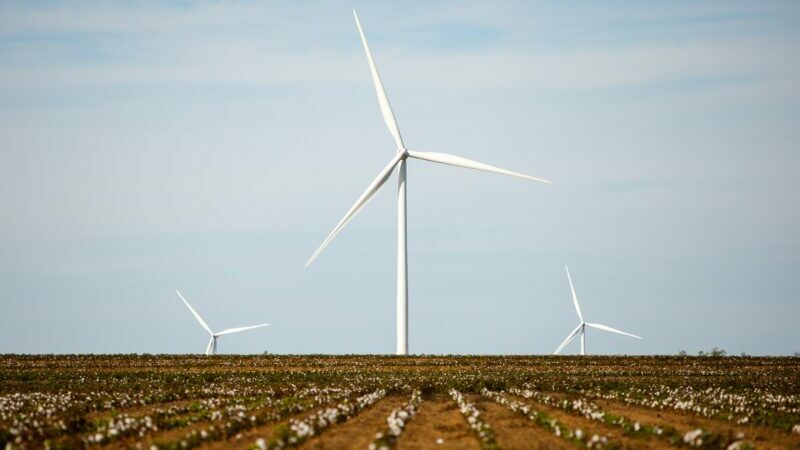Over 100 multinational corporations are now signed up to The Climate Pledge, a public commitment to drastically reduce carbon emissions and achieve net zero by 2040.
Originally launched by online retailer Amazon and environmental group Global Optimism in late 2019, the pledge now has support from the likes of Unilever, Microsoft, Coca-Cola, and Signify, with a list that continues to grow in number.
Last week saw a record-breaking 52 new signatories committing to the pledge including American food and beverage company PepsiCo, whose CEO, Ramon Laguarta, said that “shared solutions to shared challenges are essential.”
And it’s this that is encouraging more and more large companies to take the pledge.
It’s also the signatories’ shared vision and spirit of collaboration that is giving other corporates the confidence that they too can make the jump and transition to net-zero.
“If a company with as much physical infrastructure as Amazon—which delivers more than 10 billion items a year—can meet the Paris Agreement 10 years early, then any company can,” said Jeff Bezos, at the launch of The Climate Pledge.
And for signatories, the commitment means three things:
1 – Emissions reporting
Companies that sign the pledge commit to regular, transparent, and accurate reporting of greenhouse gas emissions data which will be used as the basis for environmental frameworks and to measure progress.
“It’s not just to have the number, which in itself is pretty meaningless,” said Joe Bergeson, Sustainability Science Researcher at Amazon.
“We want insights that generate action, to enable business leaders to act and figure out how to reduce their footprint,” he added.
2 – Decarbonisation
The second step for signatories of the pledge is to implement decarbonisation strategies that align with the Paris Agreement using data collected from step one.
While each company has different carbon reduction methods suited to their respective development needs, the pledge does ask that signatories see decarbonisation as a new way of thinking, being, and working. Many are setting science-based targets as interim milestones along the road to net-zero.
Collaboration, the pledge says, is a large part of making this work. Companies are working together to build new, greener marketplaces and scale up innovations that cut operational emissions.
“It’s an all-hands-on-deck problem,” said Amy Ridener, Director of Global Sustainability at telecommunications conglomerate Verizon, adding, “everyone needs to do it together, otherwise we’re not going to make a dent globally.”
3 – Carbon offsetting
Under the pledge, companies must also take action to neutralise any remaining emissions through quantifiable and socially beneficial carbon offsets.
It sees the natural world as a natural answer and suggests that global businesses are unable to completely eliminate emissions so should look to nature to accelerate the world to carbon neutrality.
“Nature-based solutions offer a really critical short- to medium-term bridge to a lower carbon world,” said Josh Parrish of The Nature Conservancy, adding, “the unique thing about them is, they’re available now.”
—
Last summer, the We Mean Business coalition partnered with Amazon the pledge to encourage companies to adopt more ambitious carbon emission reduction goals through The Climate Pledge; mobilise corporate supply chains to take measurable action on climate change; and determine accountable means for companies to integrate nature-based solutions in their climate strategies.
“Through The Climate Pledge, we will pick up the pace,” said María Mendiluce, CEO of the We Mean Business coalition, adding that “with a commitment to collaboration and innovation, those at the head of the pack can reach net-zero emissions by 2040.”
Together, The Climate Pledge and We Mean Business are also supporting a number of associated initiatives including the TED Countdown, Race to Zero, and the Science Based Targets initiative.
“Bold steps by big companies will make a huge difference in the development of new technologies and industries to support a low carbon economy,” said Christiana Figueres, former UN climate change chief and co-founder of Global Optimism.
“If Amazon can set ambitious goals like this and make significant changes at their scale, we think many more companies should be able to do the same and will accept the challenge.”
This post was sponsored by We Mean Business. See our editorial guidelines for what this means.
